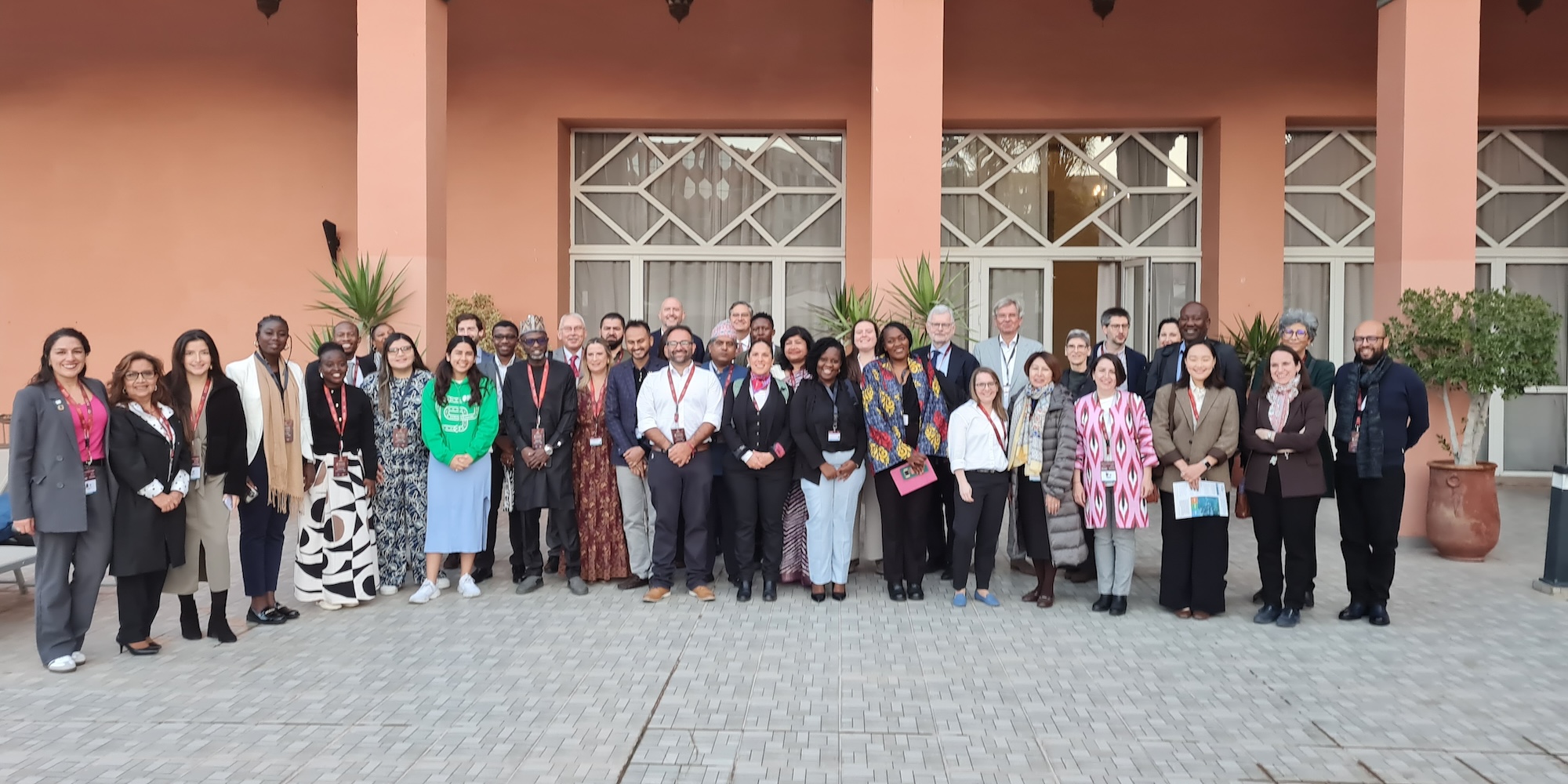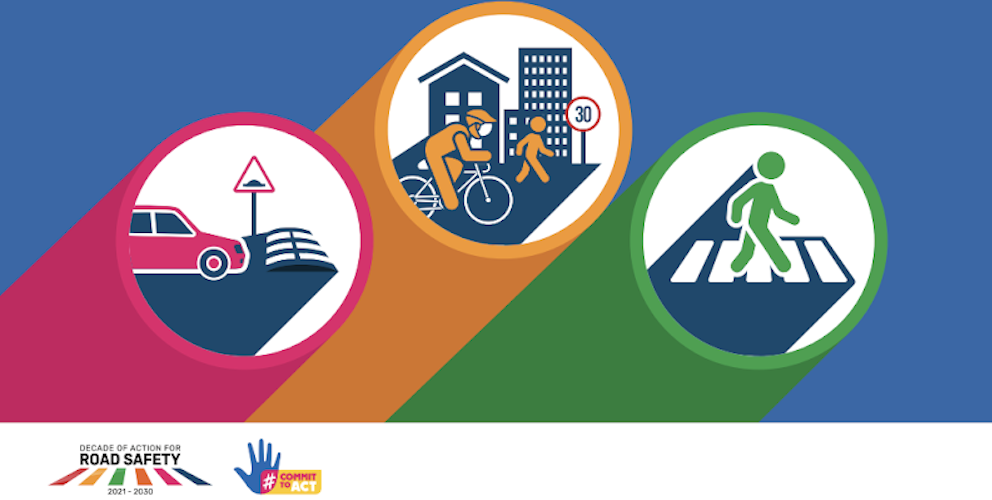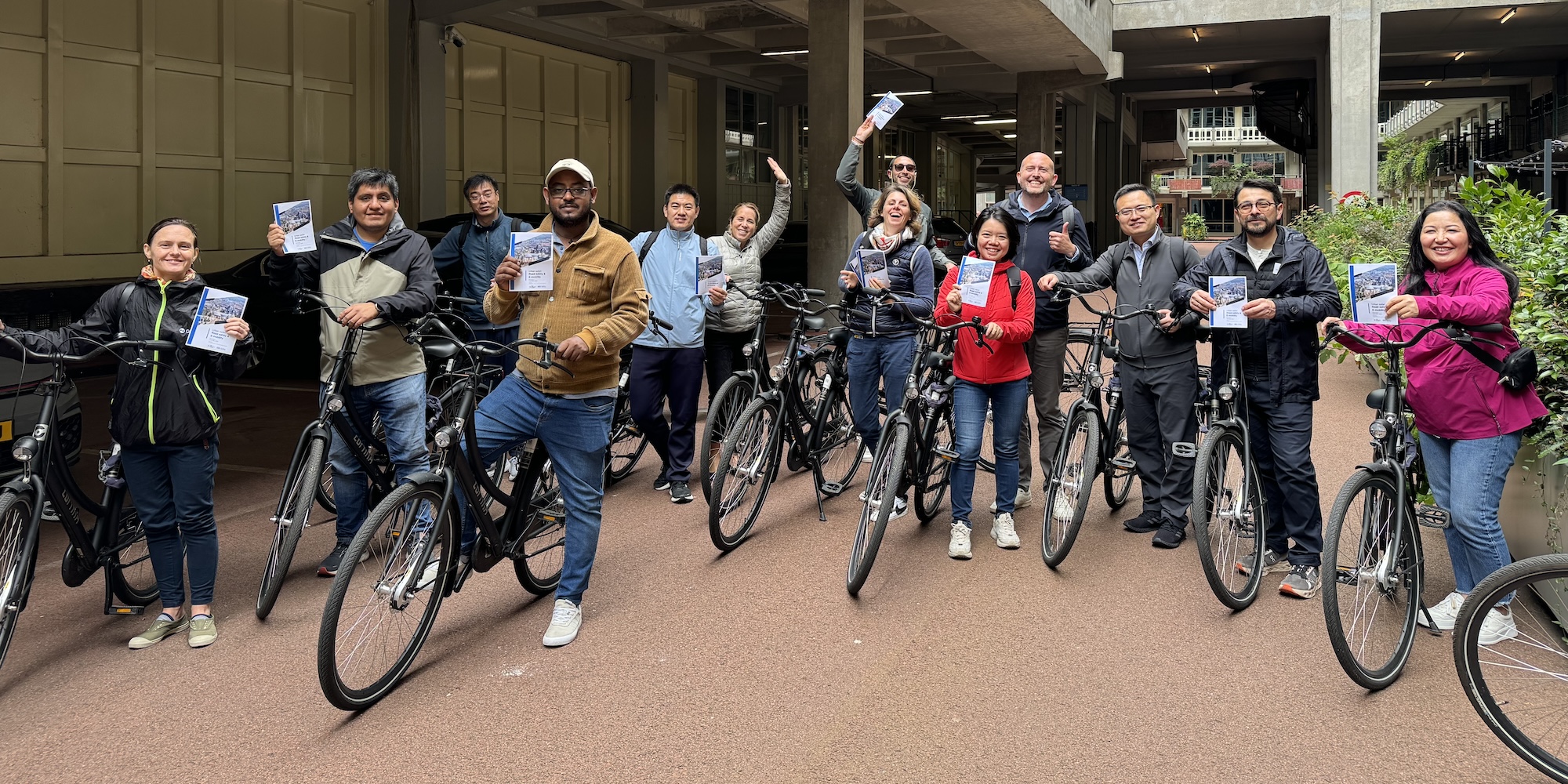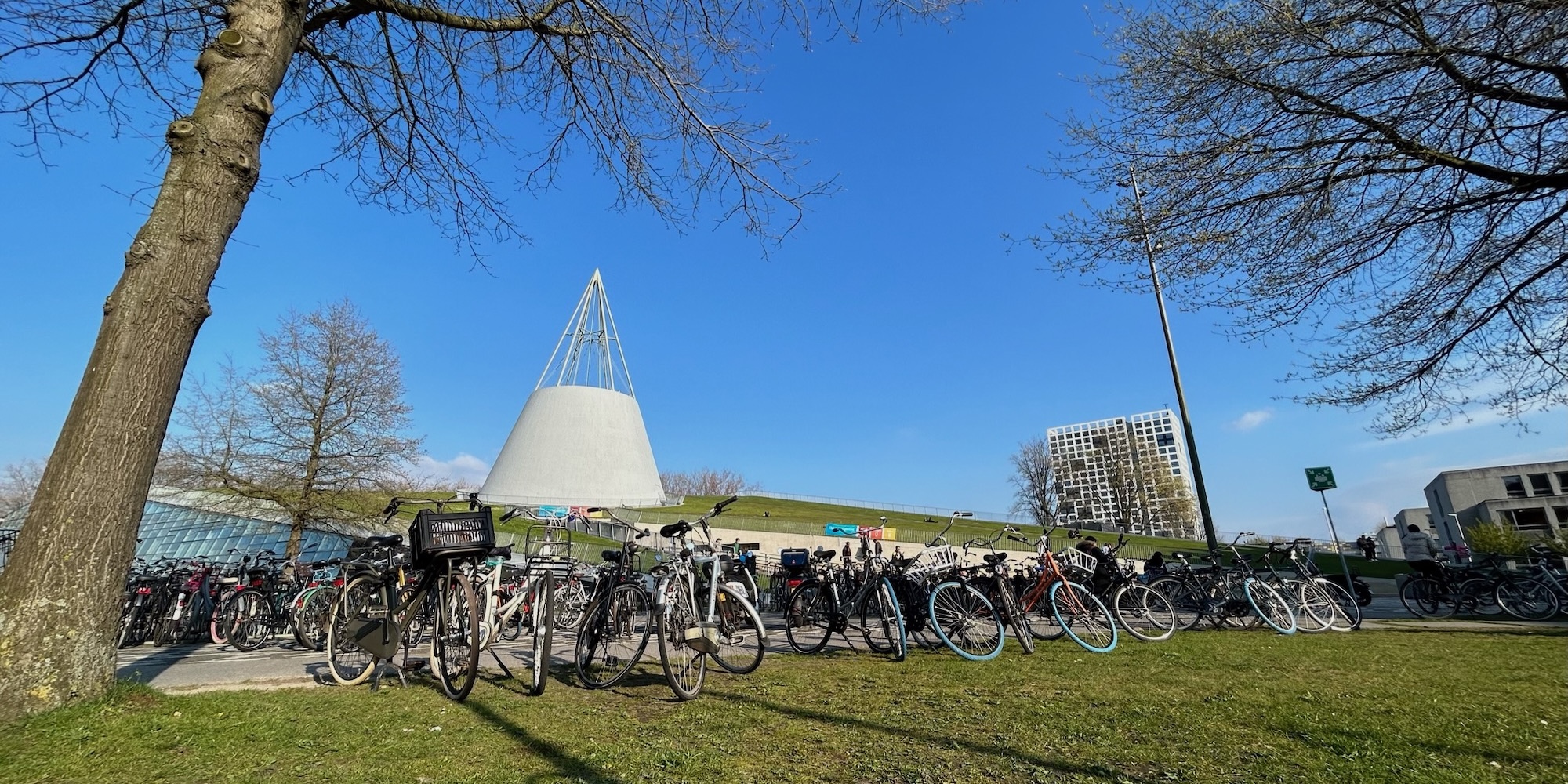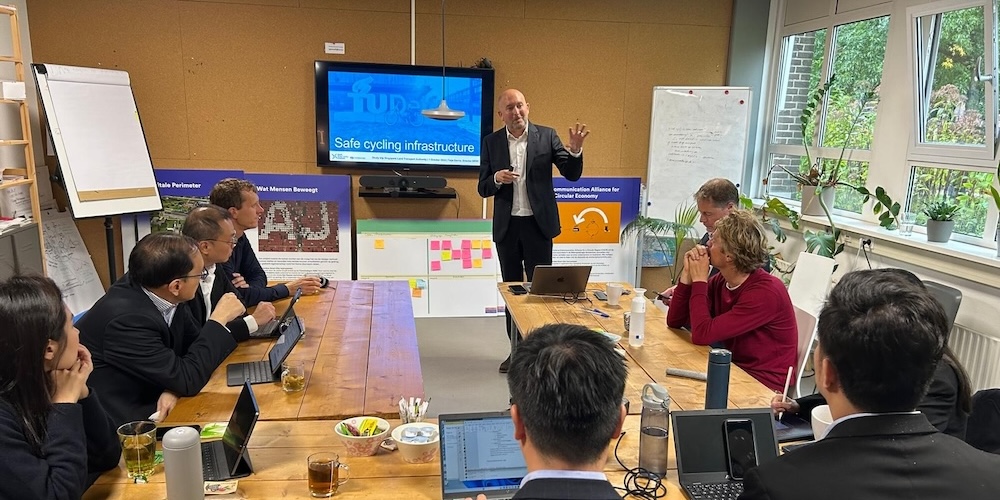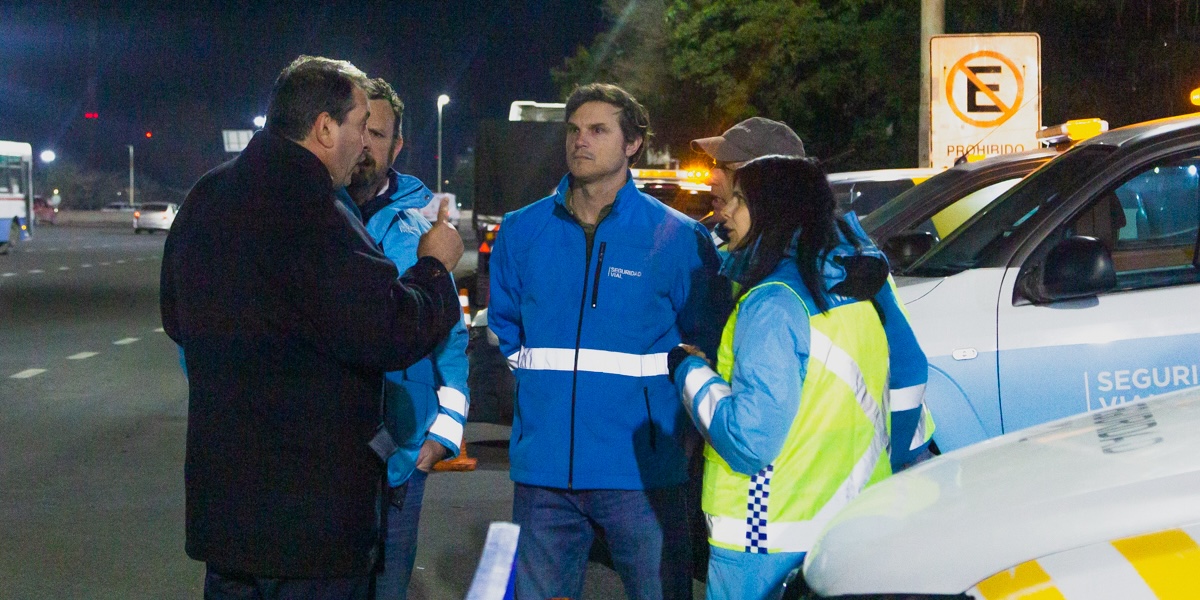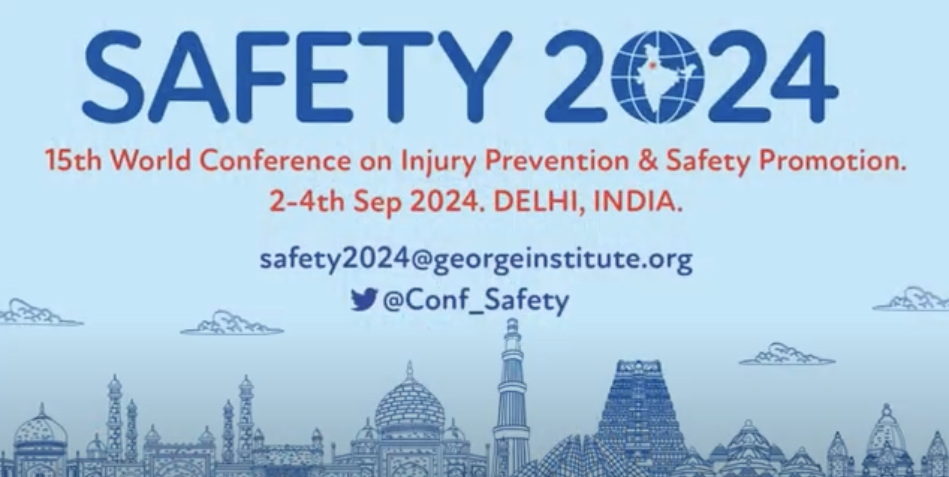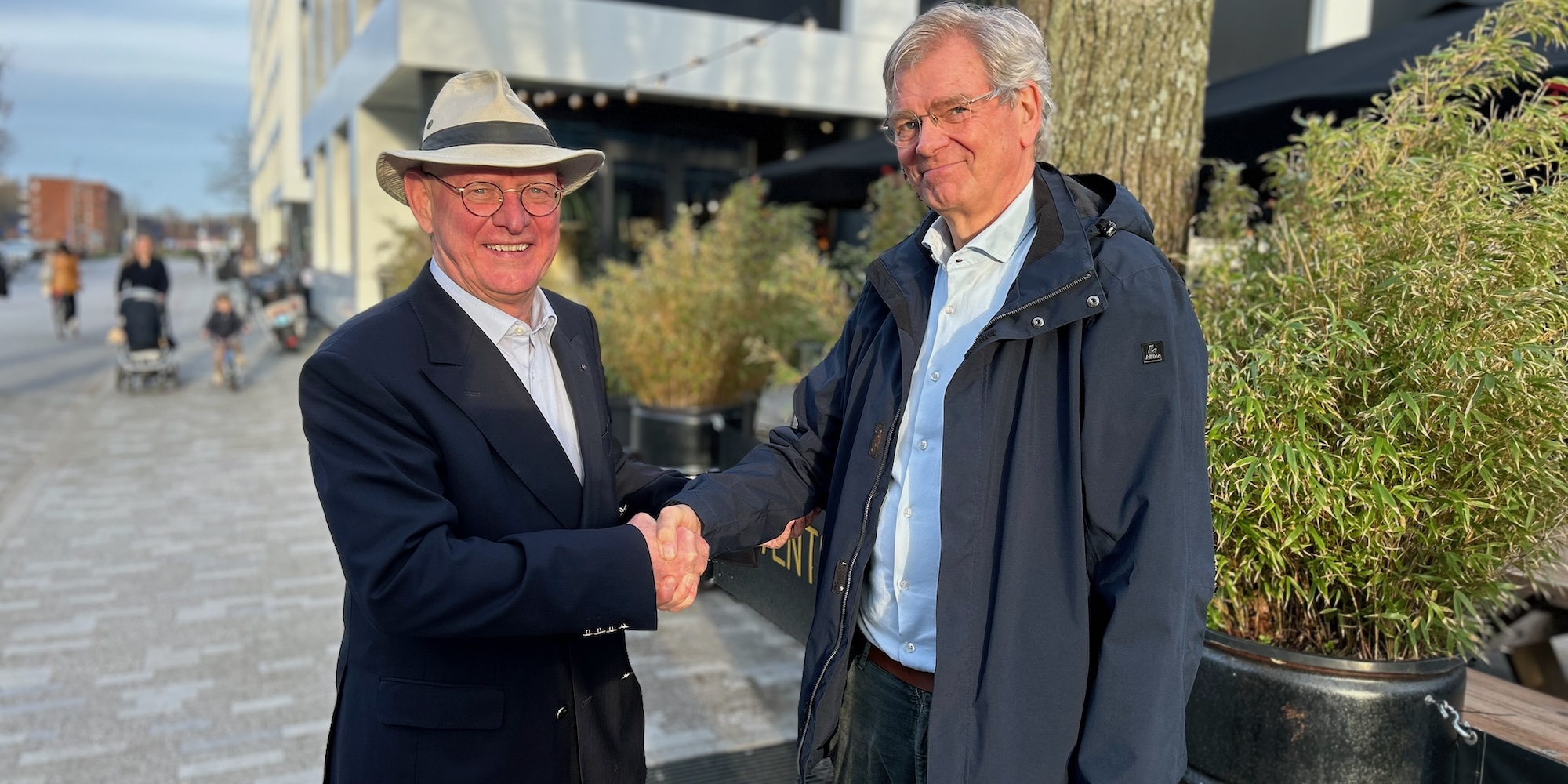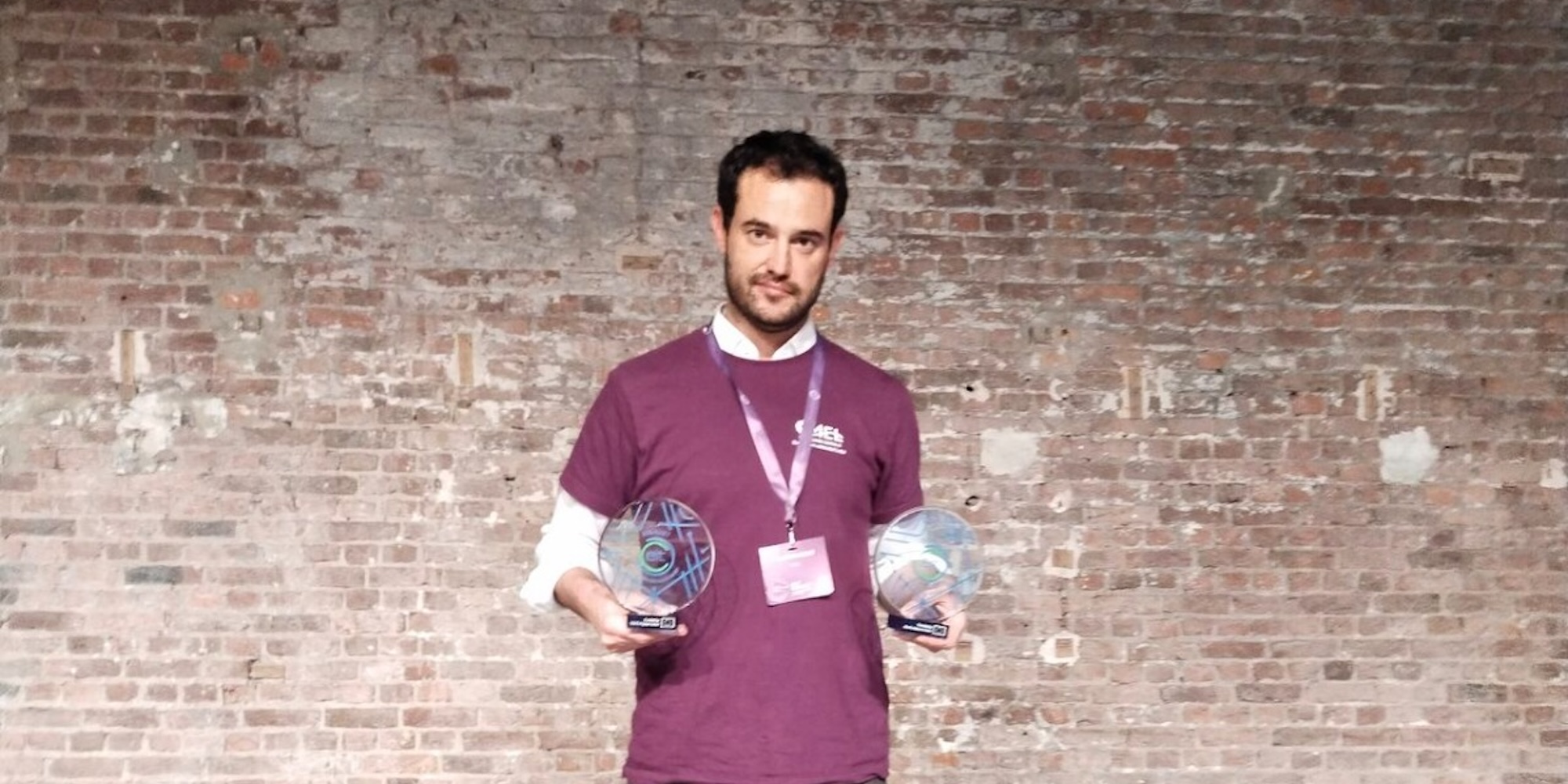DRSC News
Supporting calls for safe walking and cycling
Every two years, the United Nations Global Road Safety Week brings together policymakers, civil society organisations, and advocates from across the globe to raise awareness and take action for safer roads.
With more than one pedestrian or cyclist killed every two minutes in a crash on the world’s roads, the theme of this year’s UN Global Road Safety Week in May focused on calls to make walking and cycling safe.
During our Annual Course in April we asked some of our participants to tell us how their countries could make progress in protecting vulnerable road users.
In addition, many DRSC scholars and alumni took part in local and regional initiatives to mark the week and support calls for safer mobility.
In Tunisia, 2025 DRSC scholar Saiefeddine Ben Hfaiedh collaborated with a local NGO to lead critical road safety audits around seven schools in the capital city, Tunis. This effort focused on assessing and identifying high-risk areas near schools where children face daily exposure to road traffic hazards. Following on from this, he also took part in a national training program – designing and delivering sessions focused on using iRAP assessments and the Star Rating for Schools (SR4S) App to improve road safety infrastructure near schools. Through this initiative, he provided guidance on how to identify high-risk areas and implement 30 km/h speed zones.
At a regional level, 2025 scholar Ghina Al Tahesh of the United Nations Economic and Social Commission for Western Asia (UNESCWA) spearheaded two workshops to reinforce evidence-based road safety policy in the Arab region.
The first workshop focused on data collection and analysis, setting the stage for further development of the Arab Integrated Road Safety Observatory and the deployment of a new mobile application designed to support the harmonisation of road traffic data collection across the region. The second workshop was rooted in the week’s theme—”Make Walking and Cycling Safe.” This session explored strategies, case studies, and infrastructure solutions for enabling safe and active travel. Drawing on examples from Lebanon and Qatar, the workshop was a useful platform for knowledge exchange, policy discussion, and exploration of global best practices tailored to the regional context.
In Bangladesh, 2021 scholar Muhammad Rasfeq Hossain extended road safety efforts to the private sector. He led an initiative at Kazi Farms Group, one of the country’s largest agribusiness companies, to train over 400 professional drivers in defensive driving and emergency response. These trainings focused on preventing road crashes, understanding vehicle dynamics, and preparing for emergencies—key skills for the commercial drivers who spend long hours on the road. With over a third of road traffic crashes involving professional vehicles, Kazi Farms’ engagement reflects how corporate actors can contribute significantly to reducing traffic-related injuries and fatalities.
These are just some of the many activities our alumni took part in, demonstrating a powerful convergence of local, regional, and institutional efforts that are contributing to reducing road traffic deaths and injuries by 50% by 2030.





